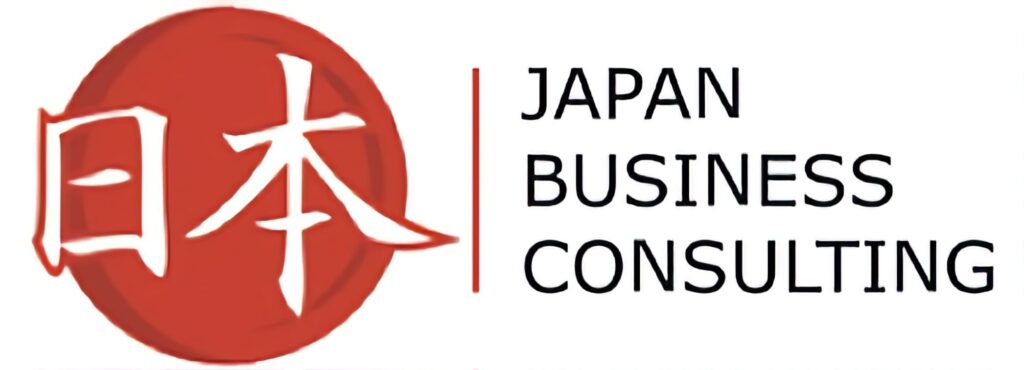Change in Japan
Written by Erich Ahorner

Initiating change anywhere in business (or in life) is usually a challenging process, but Japan is a very special case.
Usually the foreign company or individual represents the change. We are the potential new business partner and that means a change. They might have been doing business with someone else and we want them to do business with us instead.
There are many traditions and reasons determining Japanese culture and its resistance to change.
I used to train traditional Japanese fencing called 'Kendo (剣道)' for over 10 years, and part of the process is learning set sequences called 'Kata'.
These are fixed moves that cannot be varied in any way.
There is only one way to do the movement, and a practitioner's job is to replicate that exact same movement as demonstrated by the 'Sensei' for thousands of repetitions, until perfected.
There is no possibility of doing it a different way. In other words, no change is possible.
This is a powerful metaphor for many things in Japan, where there is only one way of doing things and it cannot be varied. This is prime change-resistance in action. I found this at work, too. During my many years working with corporate Japan, I learned to understand that there are certain things which must be done a certain way. Being married to a woman from Latin America and living in Miami, I am pretty flexible on trying to do things in a different way; but Japanese business partners accept no variation. There is a certain way which specific things must be done. And that's it.
This is baked into the culture, and here you are trying to break into the market. By definition, you are change, and there is change-resistance already in the culture from the start. Anything that represents a change for a company has to get signed off by all the stakeholders. This is the famous Ringi Seido '稟議制度' system, in which everyone applies their seal to the piece of paper to show they are in agreement.
There will be more resistance towards change to diminish possible risk, than enthusiasm for the possibility of something better. Part of this issue is that no one wants to take responsibility if problems arise, so the safest path is to say “no”.
Therefore a change in suppliers is not easy in Japan.
Risk aversion means they have worked out who is the most reliable and consistent partner in their supplier relationship. The existing supplier is the low-risk option. They have a track record and have built credibility over a long period of time. You, however, are shiny and new. Maybe you are reliable. Maybe you are not. Who knows? So, no change is a better path forward for people who don't want to be accountable.
To be successful, we must come up with ways to eliminate or mitigate the risk.
In our case, as a consulting company, we tell clients we will only ask one question after the delivery of our service: 'Are you satisfied?' If the answer is no, then there is no debate. The service is free and there is no cost to the company apart from the time they have invested.
We do this because we have to make it easy for the manager or decision maker to give us a chance to become a new (foreign) supplier of consulting services.
What about your case? What can you do to take away the risk of doing business with you?
Remember, we are dealing with individuals who are deeply rooted in their comfort zone.
They have reduced risk in all aspects of their life. They are seeking the maximum efficiency, at the lowest cost and the fastest speed.
I am the same. I get up at the same time, have the same morning routine, with the same brand of green tea, choose the same service providers for my business operations because I know what to expect. I use the same meal delivery service with the 10 same meals, with no surprises. This comfort-zone reality brings a natural resistance to change.
It encourages us to keep doing the same things over and over. We are doing the same thing in business - choosing the fastest, cheapest, safest way of doing things. That refinement makes it hard to break in when you are the 'angel they don't know'. The opportunity cost of continuing with the same supplier, 'the Devil they do know', and not gaining benefit from a new business partner, is not easily considered.
The individuals we are dealing with are worried about themselves and not getting into any trouble. So, the same things get done, the same way, with the same results. This is just fine with them.
Underperformance won't get you fired in Japan, but mistakes might.
We are new, we are a comfort-zone expansion, a pattern disruptor. We therefore can expect to meet heavy resistance.
To persuade the company that we are the better option - all risks considered - we have to be working on more than just our one contact inside the company.
There are many people who can say no in a Japanese corporate setting, so we need to make sure we are working on them too. Our contact has to be primed to take the argument to the doubters and convince them to give us a try.
It is possible to effect change in Japan, because we do get new clients. It just usually takes more time and is more difficult. It is not uncommon to create a new client from someone we met two, three, even four years ago.
Even if you have been in business for 100 years, potential new clients in Japan will still want to test you with a thorough due diligence or a small test order first.
Doing business with Japan needs patience and extended time frames, and you must deal with that if you want to overcome the culture's inherent resistance to change.
And you need to make your top management understand this if you want to be successful in Japan.
Difficulty making the necessary change when dealing with Japanese business partners?
Schedule a call here:

Erich Ahorner
Erich Ahorner helps people enter the Japanese market and grow their businesses. He is an expert at helping people with market entry using online and offline methods and trying to break down necessary steps to make things simple to understand. If you're interested in growing your business or entering a new market to and increase sales then definitely reach out and request a free strategy session today.
Menu
